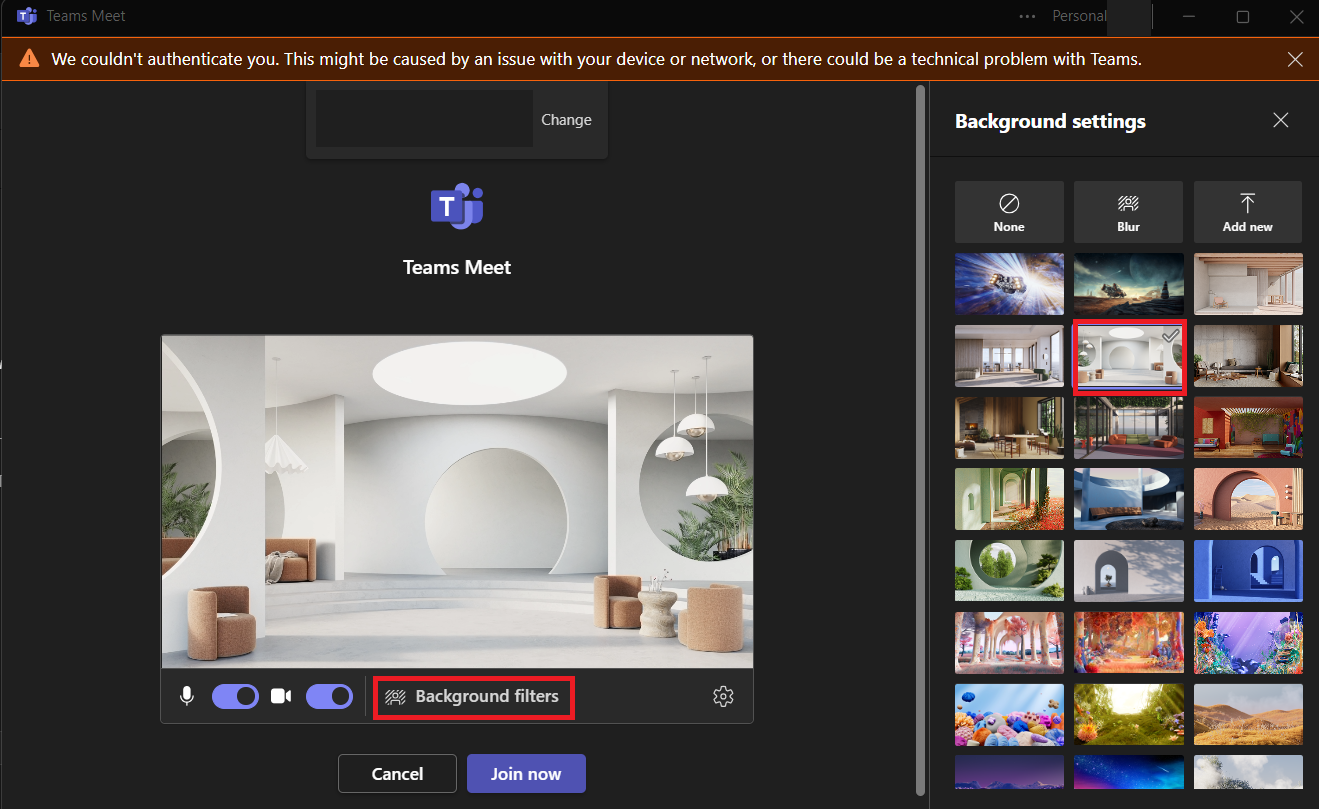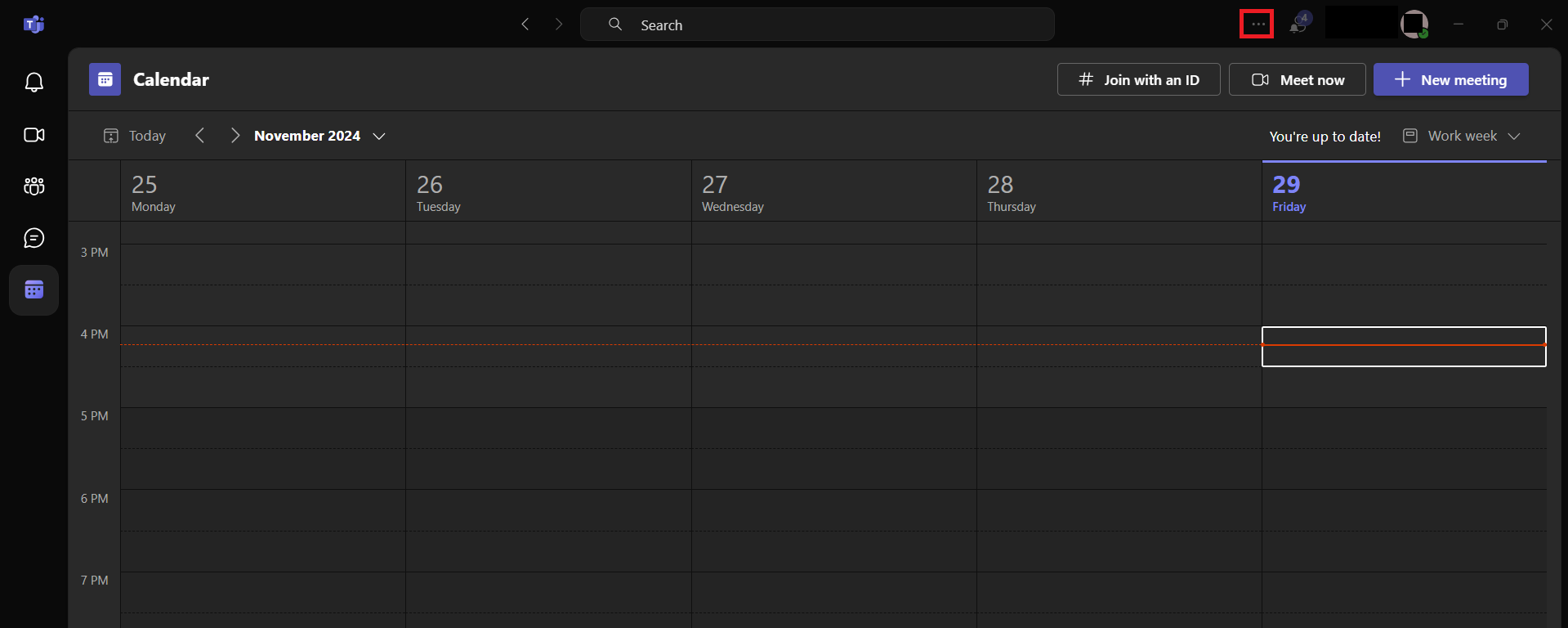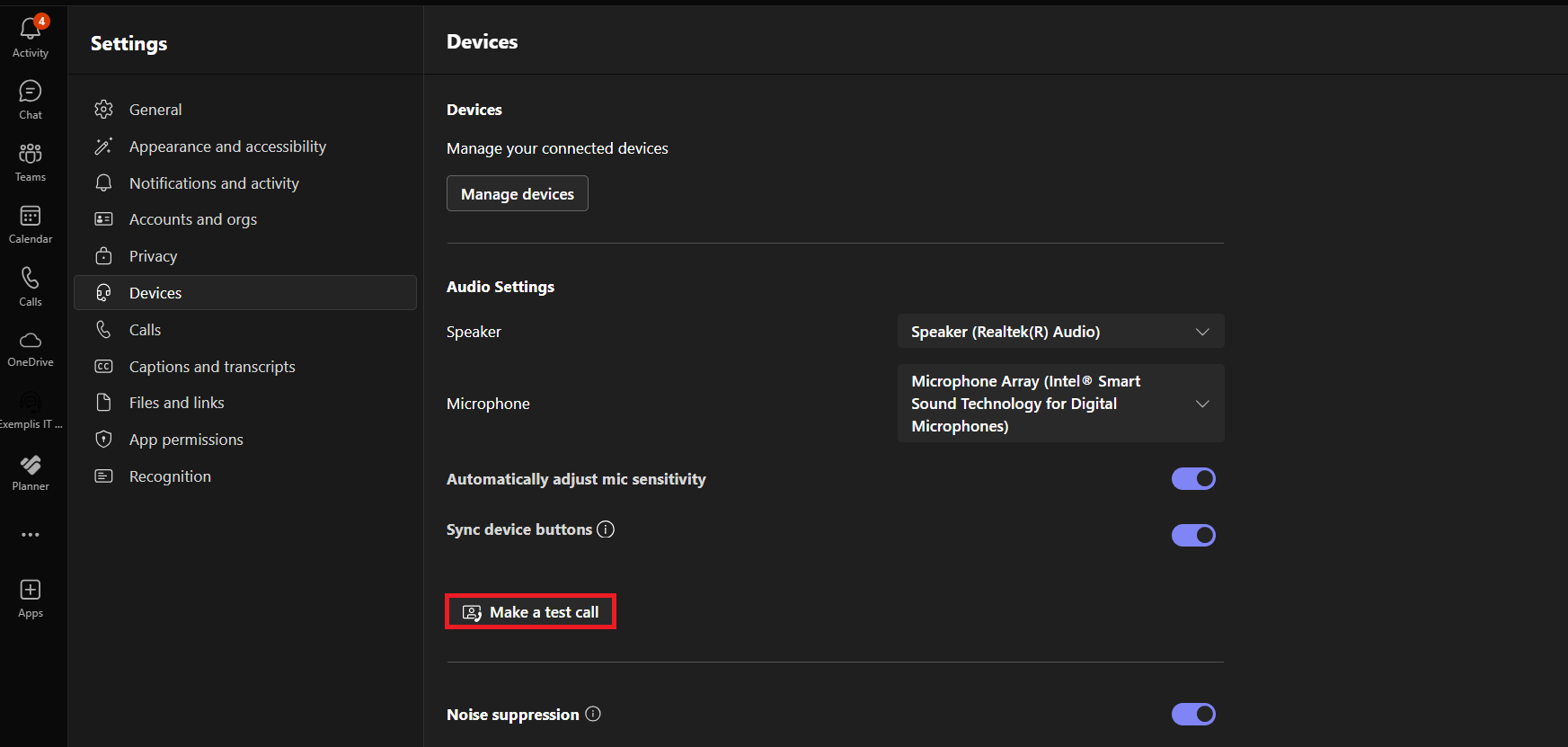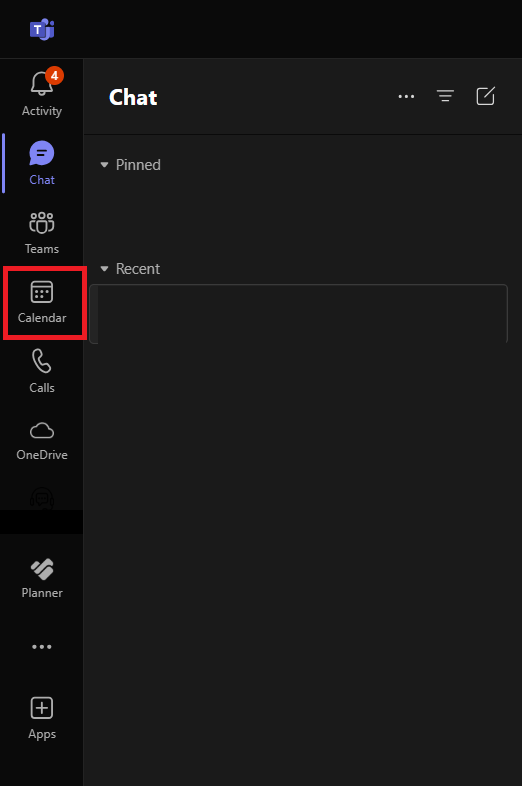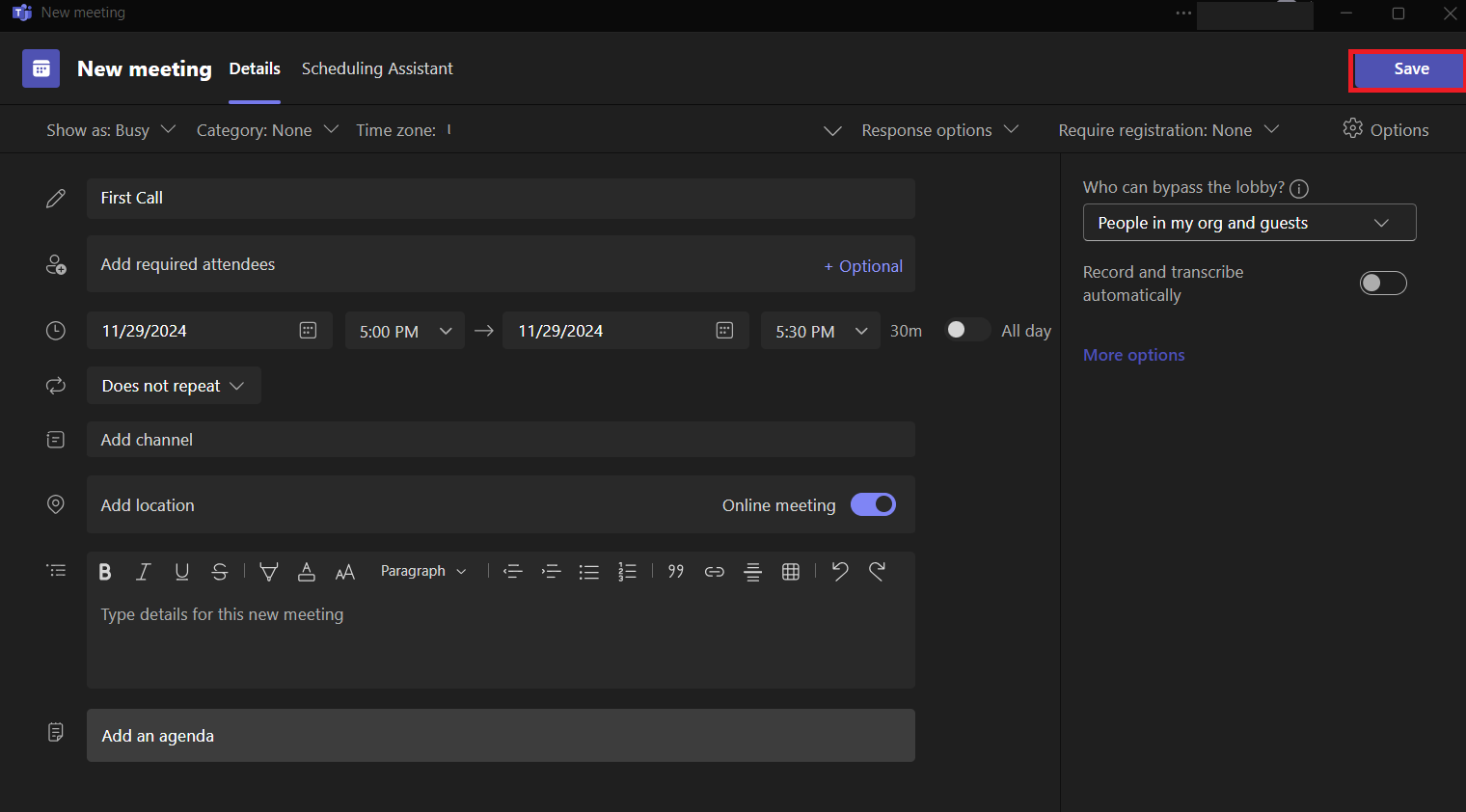Preparing for an interview is nerve-wracking enough without technical hiccups, right? I’ve learned the hard way that testing Microsoft Teams beforehand can save you from last-minute panic. Let me walk you through how to test Microsoft Teams before an interview to ensure everything goes smoothly for that big interview.
Key Takeaways:
- Test Your Setup: Testing Microsoft Teams before an interview prevents last-minute technical glitches and boosts confidence.
- Create a Professional Environment: Choose a clean, distraction-free background and minimize interruptions for a polished impression.
- Ensure Technical Readiness: Check your device’s performance, and internet speed, and familiarize yourself with Teams features like screen sharing and chat.
- Have a Backup Plan: Prepare for unforeseen technical issues by having contact information and alternative methods, like a phone dial-in, ready.
- Punctuality Matters: Join the interview 10-15 minutes early to troubleshoot issues and showcase professionalism.
Table of Contents
Introduction
The Virtual Interview Trend: Embracing Microsoft Teams
With a surge in remote work, virtual interviews have become the norm, and Microsoft Teams, being one of the most widely adopted platforms, stands at the forefront of this transformation.
By leveraging Microsoft Teams, both interviewers and candidates can participate from any corner of the globe, breaking down geographical constraints and opening up a world of opportunities.
Preparing for Success: The Value of Testing Your Setup
Testing the technical setup prior to a virtual interview is like doing a dress rehearsal for a big performance—it simply sets the stage for success. By ironing out any potential kinks in the software and hardware that will be used, we not only project professionalism but also boost our confidence, knowing there are no technical distractions keeping us from demonstrating our best selves during the interview.
It’s a crucial step to showing attentiveness to detail and respect for the interviewer’s time.
Choosing the Right Environment
Select a Professional Background
When it comes to selecting a professional background for a Microsoft Teams interview, think minimalism and order. A clean, uncluttered space with minimal distractions conveys a strong sense of professionalism. We can enhance our setting with a backdrop of bookshelves, plants, or neutral-colored walls to maintain a professional image.
Remember, our backgrounds can silently communicate our personality and work ethic, so it’s essential to choose wisely.
Minimize Distractions and Interruptions
To ensure focus remains on the conversation, minimizing distractions and interruptions is key. Choose a quiet, enclosed space, and kindly inform others in the home to avoid disturbances. If pets are likely to cause interruptions, make arrangements to keep them in another room.
Turning off notifications on devices helps avoid unexpected sounds or pop-ups.
By controlling the environment, we can maintain a professional atmosphere, just like in an in-person interview.
Mastering the Tech Essentials
Ensure Your Device is Up to the Task
Before diving into the interview, it’s imperative to make sure our device is up to the task. This means charging the laptop or computer fully, closing unnecessary background applications to free up system resources, and double-checking our device’s compatibility with Microsoft Teams.
It’s a good habit to restart the device before the interview to ensure it runs smoothly during the call.
Consistent Internet: Your Invisible Ally
A stable internet connection is our silent partner in ensuring a successful Microsoft Teams interview. It is advised to conduct a speed test to confirm a minimum of 5 Mbps for both upload and download speeds. If Wi-Fi is unreliable, switching to a wired Ethernet connection can provide a faster and more consistent link, diminishing the chances of technical hiccups that could disrupt the conversation.
By securing a robust connection, we guarantee that our dialogue remains uninterrupted, and our first impression remains unblemished.
How to Test Microsoft Teams Before an Interview
Create a Test Call
Teams have a handy Make a Test Call feature. I use this every time. Here’s how:
STEP 1: Select the three dots option next to your profile picture at the top of Teams.
STEP 2: Go to Settings.
STEP 3: Select Devices and then click Make a Test Call.
This simulates a real meeting, allowing me to confirm the audio and video quality. It even records a short message and plays it back so I can hear how I sound.
Creating a Meeting
Creating a meeting in Microsoft Teams is a straightforward process that can save us from last-minute surprises. First, sign into the Teams account and navigate to the ‘Calendar’ tab.
Click ‘New Meeting’.
Fill in the meeting title, date, and time. Then, add a colleague or friend’s email address in the ‘Attendees’ field to invite them to a meeting. Hit ‘Save’, and the test meeting is scheduled.
It’s a simple yet effective way to ensure our setup works and to practice using the Teams interface before the actual interview.
Familiarizing Yourself with Teams Features
Familiarizing ourselves with Microsoft Teams features ahead of time allows us to navigate effortlessly during the interview. We should explore the toolbar for features like screen sharing, which is crucial for presenting any required documents or presentations.
Knowing how to access and use the chat function quickly ensures that we can share links or typed information without fumbling during the interview.
Additionally, practicing with virtual backgrounds can enhance our professional presence. These small prep steps ensure we’re adept at using Microsoft Teams to its fullest potential during critical moments.
Overcoming Common Technical Glitches
Identifying and Troubleshooting Issues
Prompt identification and troubleshooting of technical issues with Microsoft Teams can prevent them from escalating into interview roadblocks. Some common issues include audio-video lag, connectivity challenges, or difficulty with screen sharing.
To address these, we should refer to Microsoft’s troubleshooting guides or conduct a web search for specific error codes or symptoms. Keeping our software updated and knowing where to access the Teams settings can also help resolve issues quickly.
Keeping calm and methodically tackling problems as they arise is vital, as panic can lead to further errors.
Having a Plan B for Unforeseen Problems
Despite our best preparations, unforeseen problems can arise. To navigate these without panic, we should have a Plan B ready. This could involve having the interviewer’s contact information on hand to quickly communicate issues or being prepared to switch to a phone interview if necessary.
We might also consider having backup hardware, like a secondary microphone, just in case. By having alternative strategies, we show adaptability and resourcefulness, qualities that are often appreciated by interviewers.
Best Practices for Using Microsoft Teams in Interviews
Be Punctual and Ready for the Interview
Punctuality is a sign of respect and a key contributor to a positive first impression. Aiming to join the Microsoft Teams interview 10 to 15 minutes early allows us to settle in, calm our nerves and ensure everything is working correctly.
This window also gives us time to troubleshoot any unexpected last-minute issues without feeling rushed. Being early and ready reflects our enthusiasm for the opportunity and our commitment to professionalism.
Presenting Yourself Professionally During the Call
During the call, presenting ourselves professionally is vital to making a positive impact. This means dressing in appropriate interview attire, just as we would for an in-person meeting, and being mindful of our body language. Looking into the camera to simulate eye contact, sitting upright, and offering a warm smile can make the interaction more personal and engaging.
It’s also crucial to focus solely on the interview, keeping distractions out of reach, to demonstrate our commitment to the opportunity at hand. Finally, ensure the lighting is flattering – not too harsh nor too dim – to avoid casting shadows on our faces.
FAQ
How can I set up a Microsoft Teams interview?
To set up a Microsoft Teams interview, go to your calendar within Teams, select ‘New Meeting’, add a title, choose date and time, and type the interviewee’s email address under ‘Add required attendees.’ After filling in other details, hit ‘Send’; everyone will receive a link to join the video call. Alternatively, create a ‘New Teams Meeting’ in Outlook and input similar details. For non-organization participants, using the web version of Teams is recommended.
What should I do if I encounter a technical issue during my interview?
If you encounter a technical issue during your interview, first try closing and rejoining the Microsoft Teams call. If issues persist, dial in using the phone number provided in the invite. Should this also fail, contact the recruiter or interviewer immediately via email or phone, explaining the situation and requesting further guidance or a reschedule if necessary.
How early should I join a Microsoft Teams interview?
It’s best to join a Microsoft Teams interview about 10 to 15 minutes early. This allows time to settle, test your setup, and address any last-minute technical issues. Being slightly early shows punctuality and readiness without seeming overeager.
John Michaloudis is a former accountant and finance analyst at General Electric, a Microsoft MVP since 2020, an Amazon #1 bestselling author of 4 Microsoft Excel books and teacher of Microsoft Excel & Office over at his flagship MyExcelOnline Academy Online Course.

